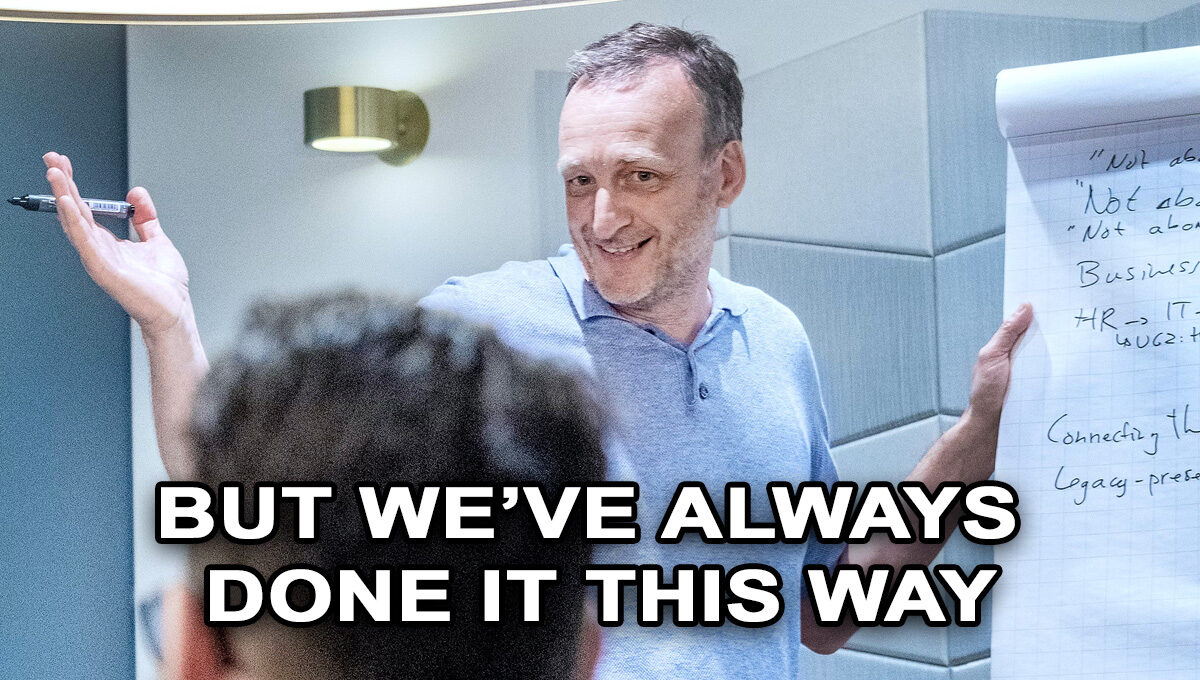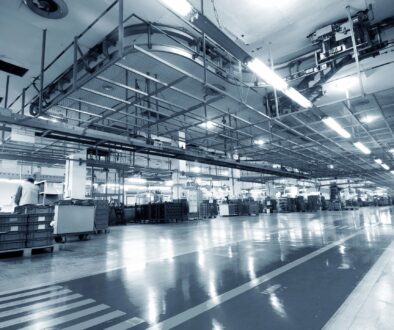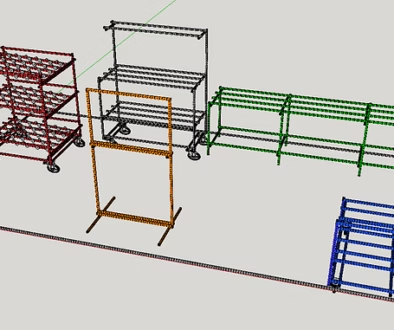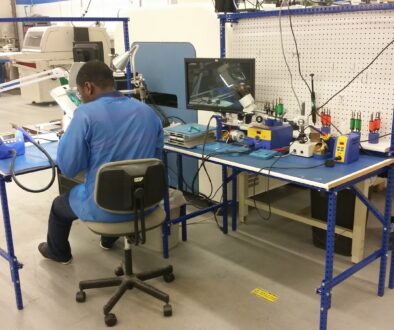Your Paradigm is Your Problem
Written by: Doug Sparks, President / Inventor of Flex Craft
What is a Paradigm? Basically its set pattern of thinking that controls our decisions and ultimately our behaviors. Why is it a problem? It limits the scope and scale of our thinking in critical aspects of our performance. How so, might you ask? Well, here are a few personal examples to explain.
During my years as a Lean Consultant, after a very successful event, the Engineering Manager approached me and shook my hand vigorously. While doing so, he explained “I never would have guessed you would get that team to do so much”. I asked, “how so”? He elaborated that he knew the team leader and would have bet that the team leader would have resisted the change instead of accomplishing so much change. I replied, “that’s the problem”. He replied, “what is?” I replied, “your paradigm is the problem”. You see I didn’t have the same paradigm as him, I gave the team leader all the tools to be successful and coached him through the adversity. He responded accordingly and was successful. How many of you have the same paradigm about a coworker? To overcome this challenge, you must change your paradigm to help them overcome theirs.
The same holds through process and product changes we have created and developed. We’ve honed these systems to the point that it becomes difficult or impossible to see them in another light. Have you ever came across a process that was put in place long ago that was a corrective action for a problem that no longer exists? If so, how many other non-value added redundancies exist?
The easiest way to identify the opportunities, oddly enough, is listening to the person with the fresh set of eyes who is asking “why do we do that?”. In short, in order to be a change agent, you must first change. Change your perception of the people, the process, and the products you work on. In other words, change your paradigm for it may be your problem.
How can Flex Craft help? Well it was a system originally designed 15 years ago for flow racks / fifos, I know, that was my paradigm. Today, I’ve witnessed incredibly innovative people still building those racks but also creating robots, rooms, and so much more. I know I still have a paradigm, and yes it’s still a problem, but thanks to many of you it’s starting to change.




